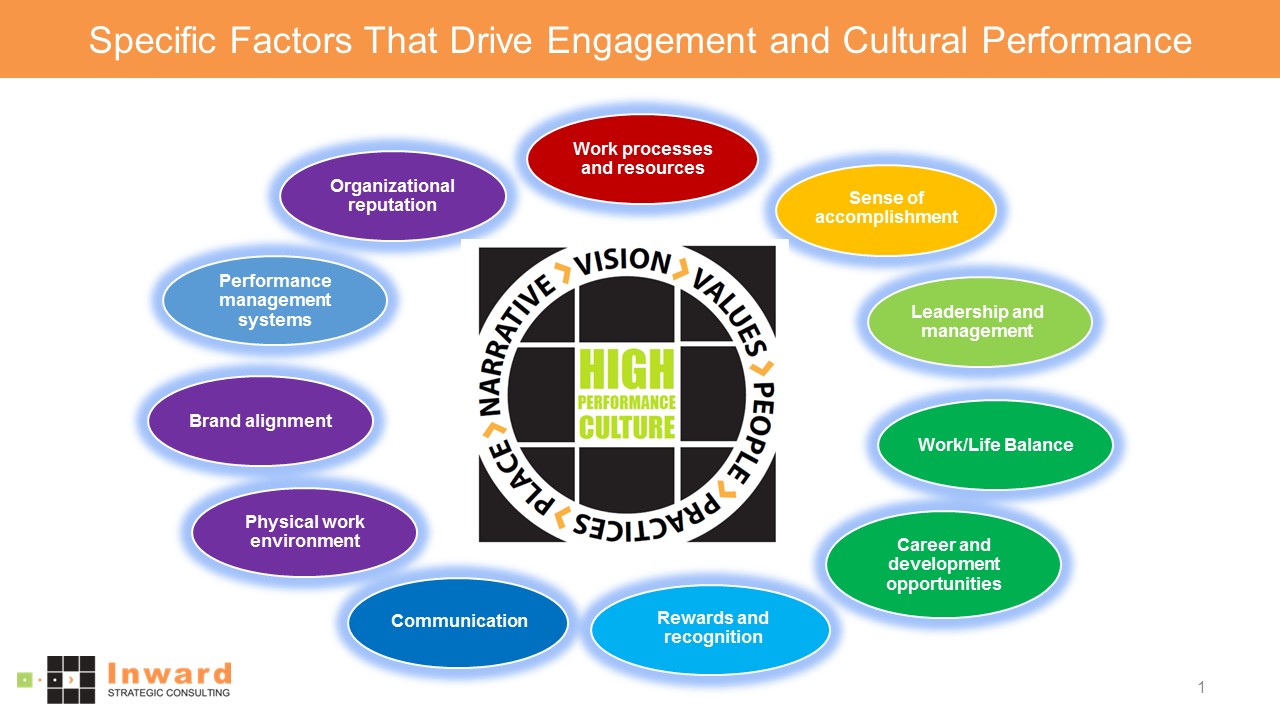Engagement is Driven by Feelings of Support and Belief in Future Success – Is that Possible?

I read and review many reports on internal branding, and employee engagement to stay abreast of the latest trends and direction in branding, marketing, HR and organizational transformation. This week I came across an interesting study that was recently completed by Quantum Workplace, that raised some interesting issues regarding the value of “feelings” of your employees and the impact that “feelings” have on employee engagement and future success.
They believe that there is a direct positive correlation between feelings and positive future success of an organization.
They identified six core drivers; with one in particular, that rates low in favorability. They claim that the top drivers of engagement (with the correlation value of at least .75) are as follows:
My job allows me to utilize my strengths
I trust our senior leaders to lead the company to future success.
The senior leaders of the organization value people as their most important resource
If I contribute to the organization’s success, I know I will be recognized (bottom 5 in favorability)
My opinions seem to count at work
I believe this organization will be successful in the future
In a nutshell, it’s about making a meaningful contribution, relying on one’s personal/professional strengths, being valued and confidence in the future. Maybe this is true for the millennial employee population, but I’m not sure it is the case for all employees.
What seems to be missing from this equation are all the traditional drivers such as clarity of purpose, practices, people, values, place, and the overall narrative that describes the culture.
Additional factors that have always come into play are the reputation of the brand, effective communications being recognized and rewarded for good work, career development opportunities. Other factors fall into the category of work life balance, organizational alignment and structure that is effective. It is hard to boil it down to six factors as this study suggests.
In my view, an organization must look at employee engagement holistically based on the core purpose, vision and values. After that comes strategy and implementation to achieve full employee engagement. It requires being true to talent selection standards and criteria, process, organizational structure, and information technology and communications that are open and transparent to all.
I’m curious to hear your views. In your opinion, what drives employee engagement?
